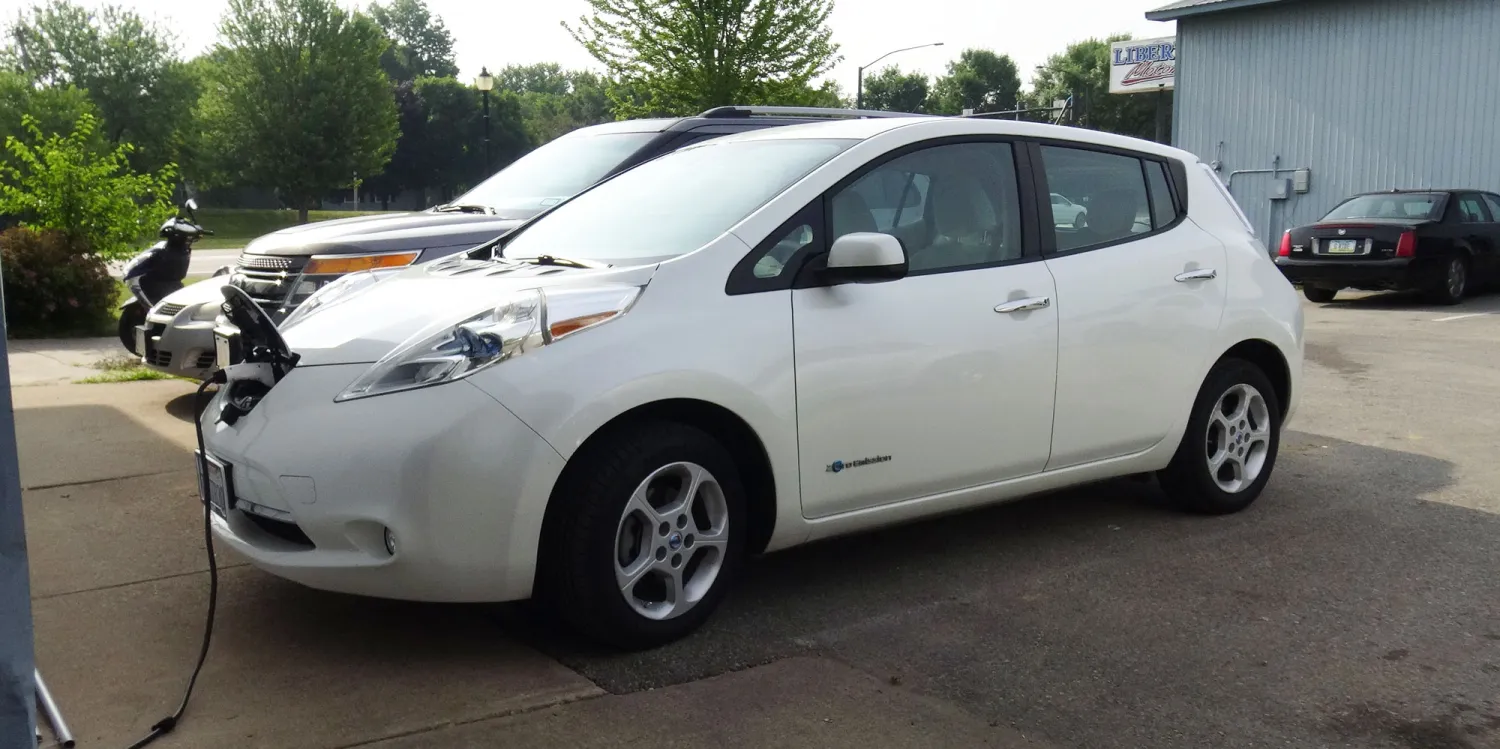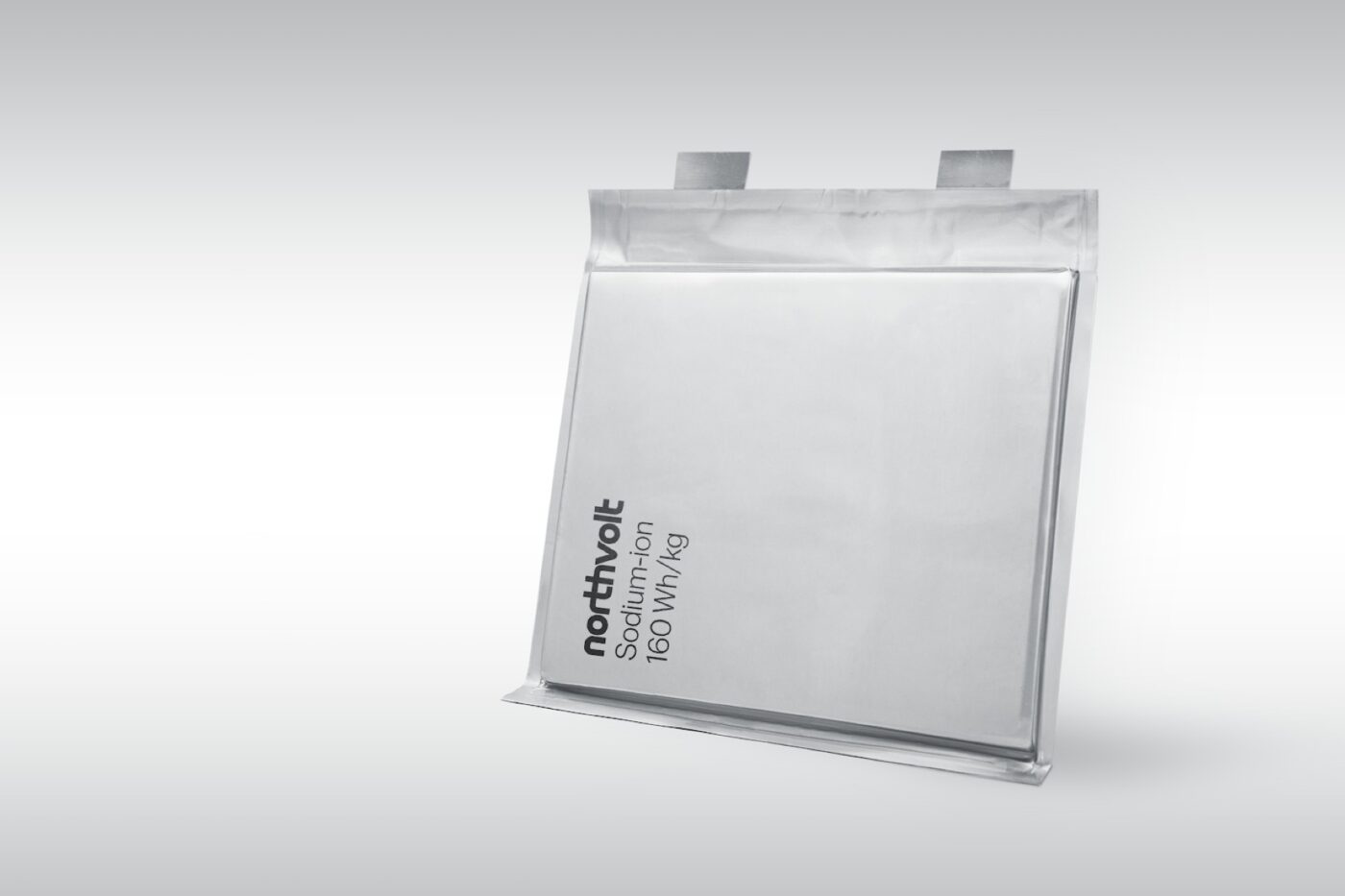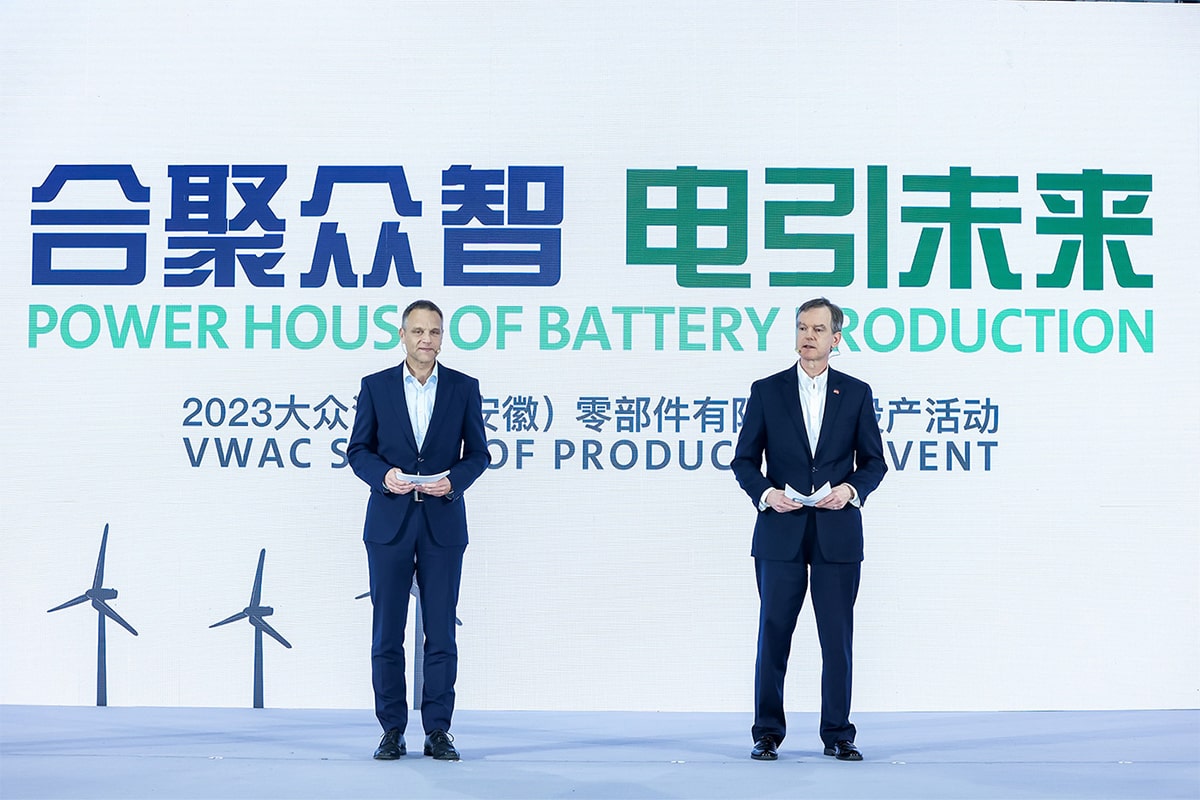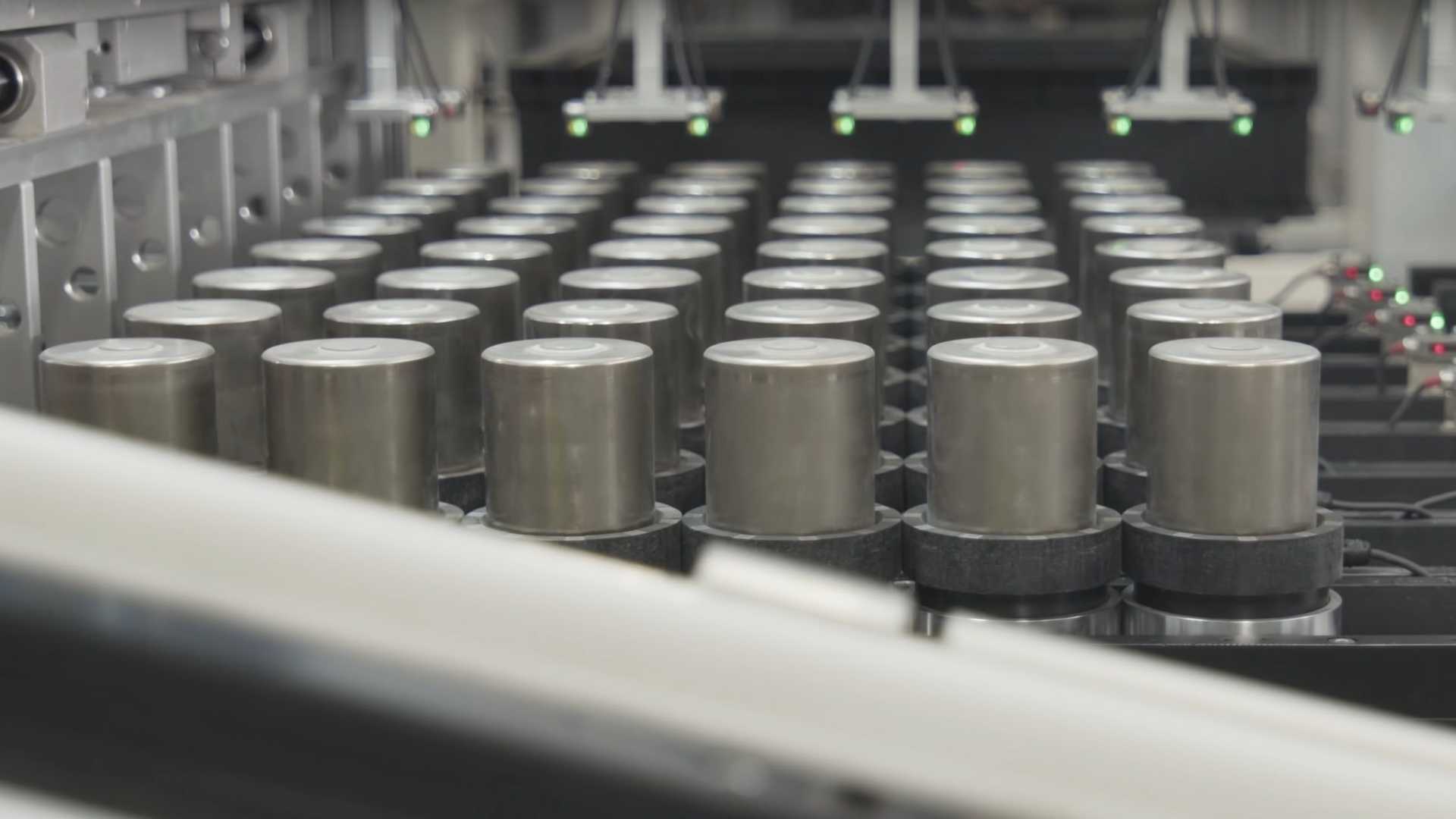Researchers at the University of Edinburgh in Scotland are delving into a novel approach for the recycling of electric vehicle (EV) batteries, exploring the use of bioengineered bacteria. The method involves processing used Nissan Leaf batteries into a “leachate” – a liquefied battery slurry – and combining this slurry with specially engineered microbes.
While the details of the process are not extensively outlined, the researchers mention that the bacteria, selected and engineered for the task, operate within a bioreactor. The bacteria excrete the metallic content of the battery leachate as silt, effectively producing metal particles that can be isolated for potential reuse. The metals reportedly obtained through this bioprocess include cobalt, manganese, nickel, and lithium.
Conducted at the Industrial Biotechnology Innovation Center, the research aims to scale up the process to handle a significant volume of batteries. The cost scalability aspect is not explicitly addressed in the available information, as the primary focus appears to be on the feasibility and innovation of the recycling method.
The use of bioengineering for breaking down materials is not entirely new, with similar research exploring the application of bacteria to address challenges related to microplastics and PFAS (non-degradable synthetics). While still in the early stages, this research suggests that bioengineering could play a role in establishing a sustainable supply chain for electric vehicles.







